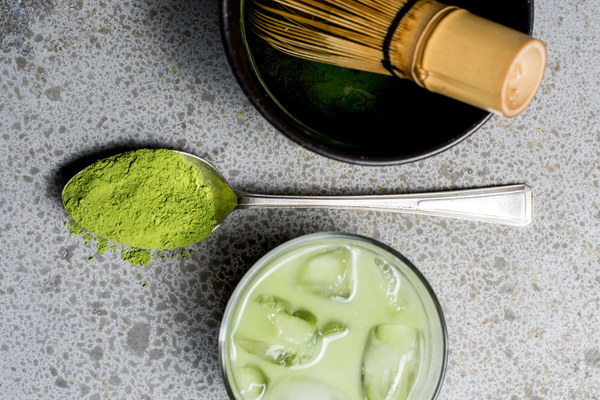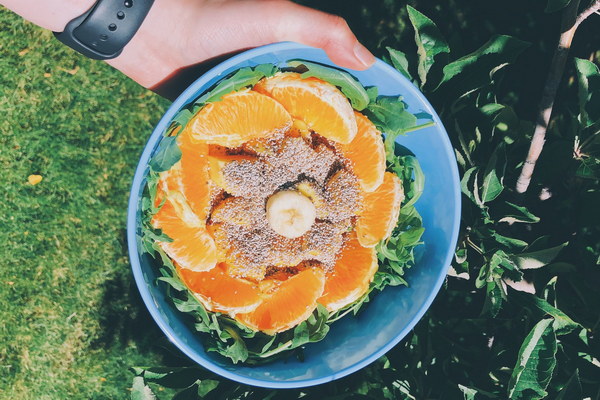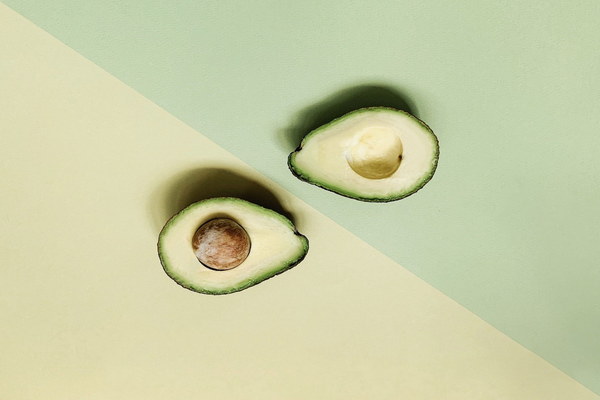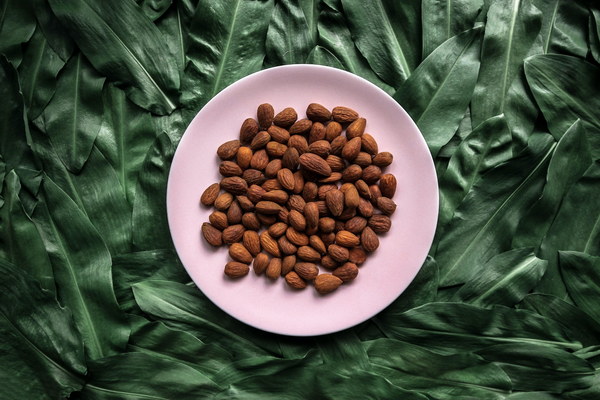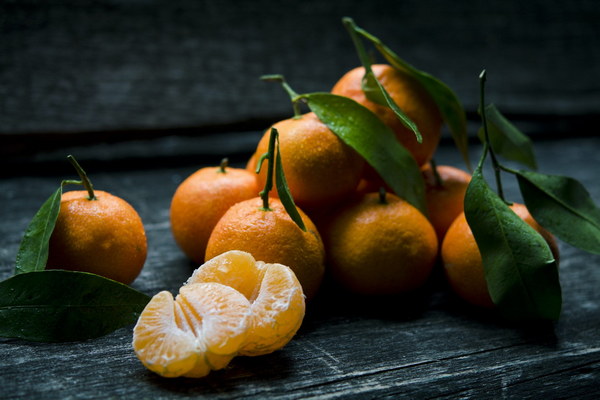Can Pumpkin Help in Liver Protection A Comprehensive Guide
In recent years, the importance of maintaining liver health has gained significant attention. One of the most common questions that arise among individuals concerned about their liver health is whether pumpkin can be beneficial. In this article, we will delve into the topic of whether pumpkin can aid in liver protection and discuss its potential benefits, risks, and how to incorporate it into your diet.
Pumpkin, a versatile and nutritious vegetable, is often celebrated for its numerous health benefits. It is rich in vitamins, minerals, and antioxidants that can contribute to overall well-being. However, when it comes to liver protection, the question remains: Can pumpkin help in this aspect?
To answer this question, let's first understand the role of the liver. The liver is a vital organ responsible for filtering blood, metabolizing nutrients, and eliminating waste products. It plays a crucial role in maintaining the body's detoxification process. When the liver is functioning optimally, it can effectively filter out harmful substances and keep the body healthy.
Now, let's examine the potential benefits of pumpkin in liver protection:

1. Antioxidants: Pumpkin is an excellent source of antioxidants, particularly beta-carotene. These antioxidants help protect the liver from oxidative stress, which can damage liver cells and lead to inflammation. By neutralizing free radicals, pumpkin can contribute to liver health.
2. Antiviral properties: Some studies suggest that pumpkin may have antiviral properties, which can be beneficial for individuals with viral hepatitis. While more research is needed to establish a definitive link, incorporating pumpkin into the diet may provide some protective benefits.
3. Low glycemic index: Pumpkin has a low glycemic index, which means it does not cause a rapid spike in blood sugar levels. This is particularly beneficial for individuals with liver conditions such as non-alcoholic fatty liver disease (NAFLD), as high blood sugar levels can exacerbate liver damage.
4. Vitamin C: Pumpkin is a good source of vitamin C, which has been shown to support liver function. Vitamin C helps in the production of glutathione, a powerful antioxidant that plays a critical role in detoxifying the liver.
While pumpkin offers several potential benefits for liver protection, it's essential to consider the following risks:
1. Allergies: Some individuals may have allergies to pumpkin or its components. It is crucial to consult a healthcare professional before incorporating pumpkin into your diet if you have any known allergies.
2. High potassium content: Pumpkin contains a high amount of potassium, which can be harmful to individuals with kidney problems. It is essential to monitor your potassium intake and consult a healthcare professional if necessary.
3. Interference with medication: Certain medications, such as blood thinners and diuretics, may interact with pumpkin or its components. It is essential to consult your healthcare provider before adding pumpkin to your diet if you are taking any medications.
Incorporating pumpkin into your diet is relatively straightforward. Here are a few suggestions:
1. Roasted pumpkin: Roast pumpkin slices with a touch of olive oil and herbs for a delicious and nutritious side dish.
2. Pumpkin soup: Blend cooked pumpkin with vegetable broth, spices, and a splash of milk for a warm and comforting soup.
3. Pumpkin smoothie: Mix cooked pumpkin with your favorite fruits, yogurt, and a dash of cinnamon for a refreshing smoothie.
4. Pumpkin bread: Use pumpkin puree in place of oil or butter in your favorite bread or muffin recipes.
In conclusion, pumpkin has several potential benefits for liver protection due to its high antioxidant and nutrient content. However, it is crucial to consider the risks and consult a healthcare professional before incorporating pumpkin into your diet, especially if you have specific health conditions or are taking medications. By doing so, you can enjoy the numerous health benefits of pumpkin while maintaining optimal liver health.

